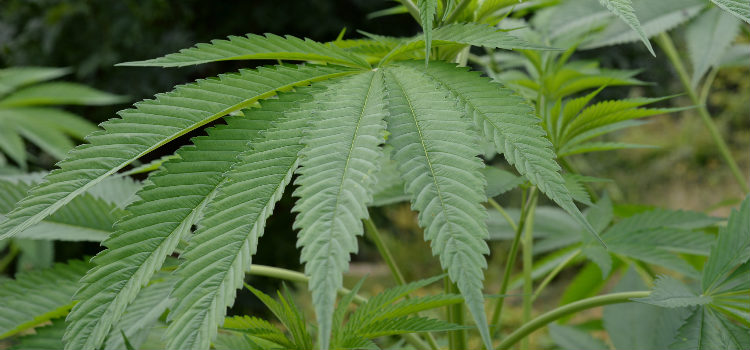The industrial hemp movement could have a powerful new ally in the state of Texas if Rep. Joe Farias’ (D) bill (HB1332) can gain approval by the state legislature.
The bill, currently in the Agriculture Committee, would allow farmers to get a one-year license to grow the plant, according to the bill text. The license would need to be renewed annually and would be revoked if the licensee is found to be growing marijuana in the hemp fields. The bill indicates there would be a fee associated with the license but it does not specify what that fee would be.
Farias said that when he initially introduced the bill he was “apprehensive” about what kind of support the measure would garner. Since its introduction, however, the bill has picked up joint authors, received support from the agriculture community, and the Agriculture Committee chairman, Rep. Tracy King (D), has promised to hold hearings on the bill this session. Farias says it’s important to have the hearings this session because in Texas the legislature only holds session every other year.
In conjunction with the industrial hemp bill, Farias introduced a “backup plan” (HB557) – an industrial hemp research bill – that would allow for hemp to be researched in the state. If the industrial hemp measure were to falter the research obtained from the studies permitted by HB557 might help swing some votes the next time the industrial hemp bill is introduced. The research would be carried out by state universities. Those same universities would also likely be the source of the hemp seed made available to farmers – as is the case in other states where hemp cultivation is legal – although the bill does not outline exactly where the hemp seed would come from. Hemp seed is still outlawed by federal law making the seeds legally difficult to acquire.
According to Farias, Texas was the largest producer of industrial hemp prior to its ban. Although he, admittedly, has not done a study regarding the potential financial gains for the state and the state’s agricultural community, the U.S. Department of Agriculture’s Economic Research Service reported in 2013 that Texas has the fifth largest agriculture economy in the United States. Just two of the states with a larger agriculture economy than Texas – California and Iowa – have policies that allow for hemp production or research.
One of the hurdles Farias is facing with his industrial hemp bill is the common misconception that legalizing hemp production is akin to legalizing marijuana production. Farias says he has been helped by members of the agricultural community in educating his colleagues in the differences between the two plants.
“That’s the first thing they say, ‘Well, isn’t that part of the cannabis family?’” Farias said. “I explain to them the THC [the psychoactive chemical] in hemp is so low…you’d have to smoke a joint the size of a telephone pole in 15 minutes to get any kind of effect and it would probably make you sick.”
Jax Finkel, Deputy Director of the Texas chapter of the National Organization for the Reform of Marijuana Laws, says Farias’ bill is “a good one” which she thinks will get some traction in the legislature.
“Agriculture in Texas is a very big business,” Finkel said. “A lot of people have been wanting to grow hemp for a lot of years. We think it’s silly that we import 60 percent of our hemp products.”
Hemp, Finkel explains, doesn’t need a lot of pesticide, can be grown year-round in the state and is drought tolerant, making the plant that much more appealing to farmers in Texas – which is subject to long dry spells.
Finkel says that she hopes Farias’ research bill also passes the legislature because the information derived from those studies could be used to help other states make informed decisions regarding potential industrial hemp measures.
Photo Credit: free photos
